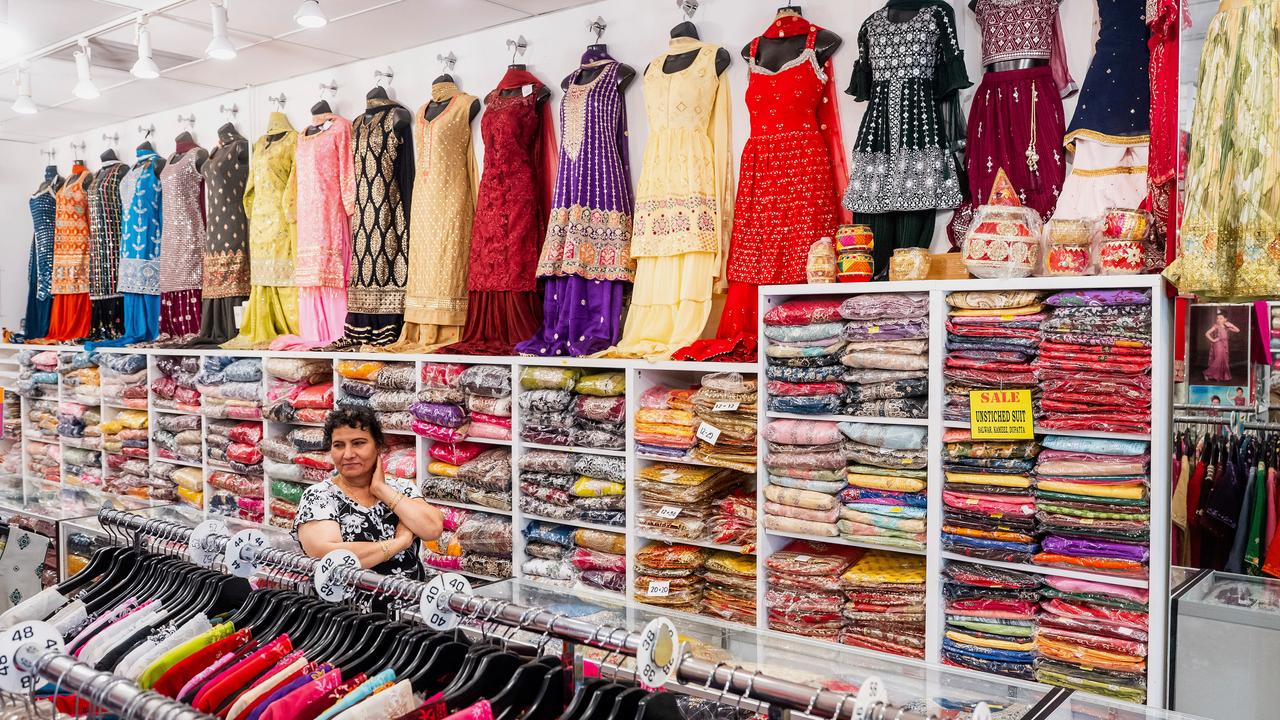US President Donald Trump’s doubling of tariffs on goods from India to as much as 50 per cent has taken effect as scheduled, escalating tensions between the world’s two largest democracies and strategic partners.
A punitive 25 per cent tariff imposed due to India’s purchases of Russian oil adds to Trump’s prior 25 per cent tariff on many products from India. It takes total duties to as high as 50 per cent for goods such as garments, gems and jewellery, footwear, sporting goods, furniture and chemicals – among the highest imposed by the US and on par with Brazil and China.
The new tariffs threaten thousands of small exporters and jobs, including in Prime Minister Narendra Modi’s home state of Gujarat.
India’s Commerce Ministry did not immediately respond to a request for comment. However, a Commerce Ministry official, speaking on condition of anonymity, said exporters hit by tariffs would receive financial assistance and be encouraged to diversify to markets such as China, Latin America and the Middle East.
A US Customs and Border Protection notice to shippers provides a three-week exemption for Indian goods that were loaded onto a vessel and in transit to the US before the midnight deadline. These goods can still enter the US at prior lower tariff rates before September 17.
Also exempted are steel, aluminium and derivative products, passenger vehicles, copper and other goods subject to separate tariffs of up to 50 per cent under the Section 232 national security trade law.
India trade ministry officials say the average tariff on US imports is around 7.5 per cent, while the US Trade Representative’s office has highlighted rates of up to 100 per cent on autos and an average applied tariff rate of 39 per cent on US farm goods.
Wednesday’s tariff move follows five rounds of failed talks, during which Indian officials had signalled optimism that US tariffs could be capped at 15 per cent, the rate granted to goods from some other major US trade partners including Japan, South Korea and the European Union.
Officials on both sides blamed political misjudgement and missed signals for the breakdown in talks between the world’s biggest and fifth-largest economies.
Exporter groups estimate hikes could affect nearly 55 per cent of India’s $US87 billion ($A134 billion) in merchandise exports to the US, while benefiting competitors such as Vietnam, Bangladesh and China.
Australian Associated Press is the beating heart of Australian news. AAP is Australia’s only independent national newswire and has been delivering accurate, reliable and fast news content to the media industry, government and corporate sector for 85 years. We keep Australia informed.





